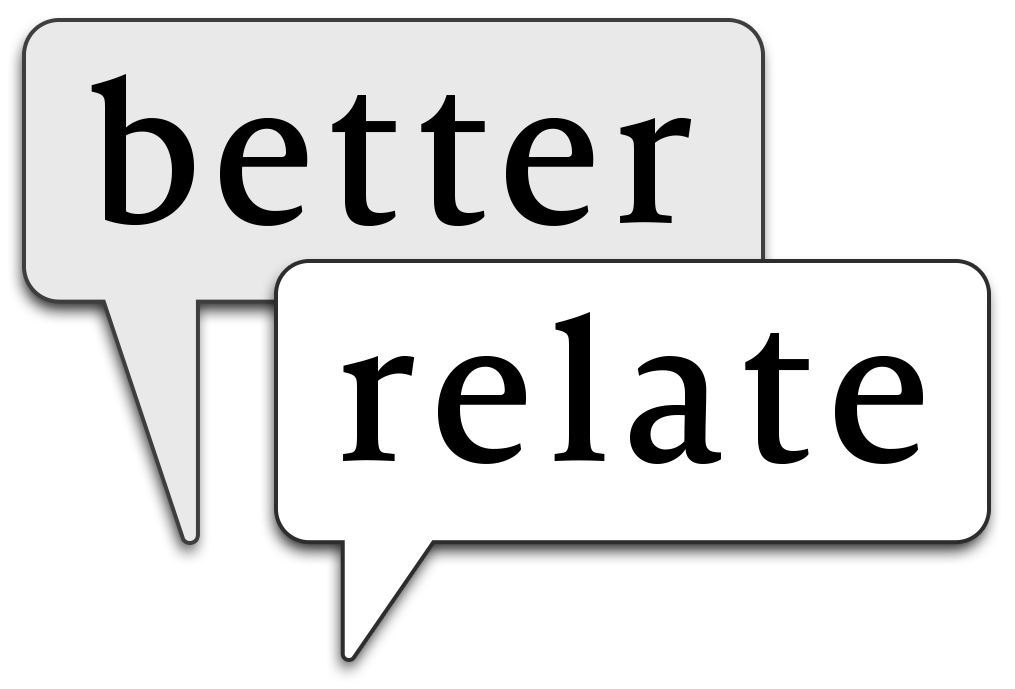Internal Family Systems Explains Why Talking to Ourselves Really Works
If you’ve ever been caught muttering to yourself so you don’t forget to buy the bananas, don’t be embarrassed. Contrary to the popular belief that talking to yourself is a sign of mental infirmity, it’s actually very good for you.
Research suggests that a way of separating from extreme emotional reactions is creating a dialogue with yourself. This is a great addition to your mental health toolbox. It’s an intentional and thoughtful way to cope with intense feelings in a more detached way.
Take a deep breath and ask yourself what’s happening
Talking to yourself separates you from all those strong emotions that are super charged within you. By talking to yourself, you create a dialogue between a listener and a talker – like you and your best friend, sister or partner. The strong emotion is centred in one aspect of the dialogue, while the listening you can play the more patient and supportive role.
When we were kids we talked to ourselves out loud all the time. Let’s bring back that skill because when we talk out loud, it means you are not alone. Someone who cares about you is listening: You.
To add another dimension to this, what if you were really intentional when you listened to the out loud talker in you? You listened to yourself as you would a good friend. You listened with compassion for how hard it is right now. And, you listened with interest and curiosity.
When you talk out loud, it makes you feel heard. In turn, this helps you feel more focused and confident. You may notice that your feelings start to shift.
As a therapist, I’ve witnessed this experience many times in counselling sessions. Anxious sensations begin to calm down; breathing returns to a more relaxed state. Suddenly it’s easier to have a handle on the situation, and yourself.
Ethan Kross, a Professor in the Psychology Department at the University of Michigan, Ann Arbor, researched the concept of self-talk. This is using the ability to talk to yourself in the third person as a way to regulate stressful emotions. Professor Kross determined that anxiety in social situations was dramatically reduced through self-talk.
Welcome to Internal Family Systems
Internal Family Systems (IFS) is a brand of therapy developed by Richard Schwartz. IFS is a model of psychotherapy that describes our inner world as being like a family. The head of the family, so to speak, is the self, or your core being. The parts are the family members, or sub-personalities, each with their own idea of how to do what’s best for you.
As I explain in my book Inner Harmony: Putting Your Self Back in Charge, if you think of your own family you know that you don’t all agree with each other all of the time. You may argue with each other or form alliances. You may scratch your head trying to understand the actions of another family member. Our inner worlds are very similar.
For example, we might have a part that thinks we procrastinate too much. It may show up being critical and judgmental of us when we’re yet again finding ways to not do what we are supposed to do. This part of us is often accompanied by intense judgmental comments and strong feelings. Then we have another part of us that feels worried or unhappy about the attack of this inner judge.
If the idea of parts feels a bit scattered, don’t fret. IFS agrees that we also have a core Self. Think of when you’ve made decisions and taken actions that have felt really good. This is when you are leading from your true Self and not a part. You are truly in harmony and connected to your self.
In the IFS model of viewing personality, Self is described as qualities. A way of knowing that your self is present within is by recognising some of its C word qualities: calm, compassion,curiosity, connection, clarity, courage, confidence and creativity.
We are never purely in these C qualities of self. But, we can make more decisions in our life connected to such qualities as calm and curiosity. The more connected you are, and the more you can feel these C qualities, the more content you will be.
The IFS lens and talking to yourself
Using the IFS lens, you can understand the self dialogue on a deeper level. With this lens, you are having a conversation between yourself and the extreme part that is reacting to triggers.
You are also attending to the relationships between these different parts of you. When you listen to these parts of yourself you build inner relationships between yourself and these parts. When there is better connection inside and better relating your parts can state what they need. They need what you need. Often when you truly stop and listen to your voices inside your extreme feelings calm down. They stop trying to get your attention. Often these parts just need to be heard!
The benefits of using the third person in a dialogue
There are positive results from talking to yourself in the third person:
- You separate from the strong emotion so that you can get a bigger perspective.
- Once you’re separated from the feeling somewhat, you can listen to this emotional part of yourself just like you would a friend. You can even write down what it says.
- You can be curious towards this part of you because it’s not all you when you step out of it as it talks out loud.
- You can talk back to this emotional part from self after you have let it speak aloud and you listened.
The conclusion of this story is simple. Keep on talking out loud to yourself. You will feel better. After all, even the most extreme parts have good intentions. The more you listen to them from yourself, the better you relate with yourself and others.
This article originally appeared on psychreg.org on May 24, 2017



